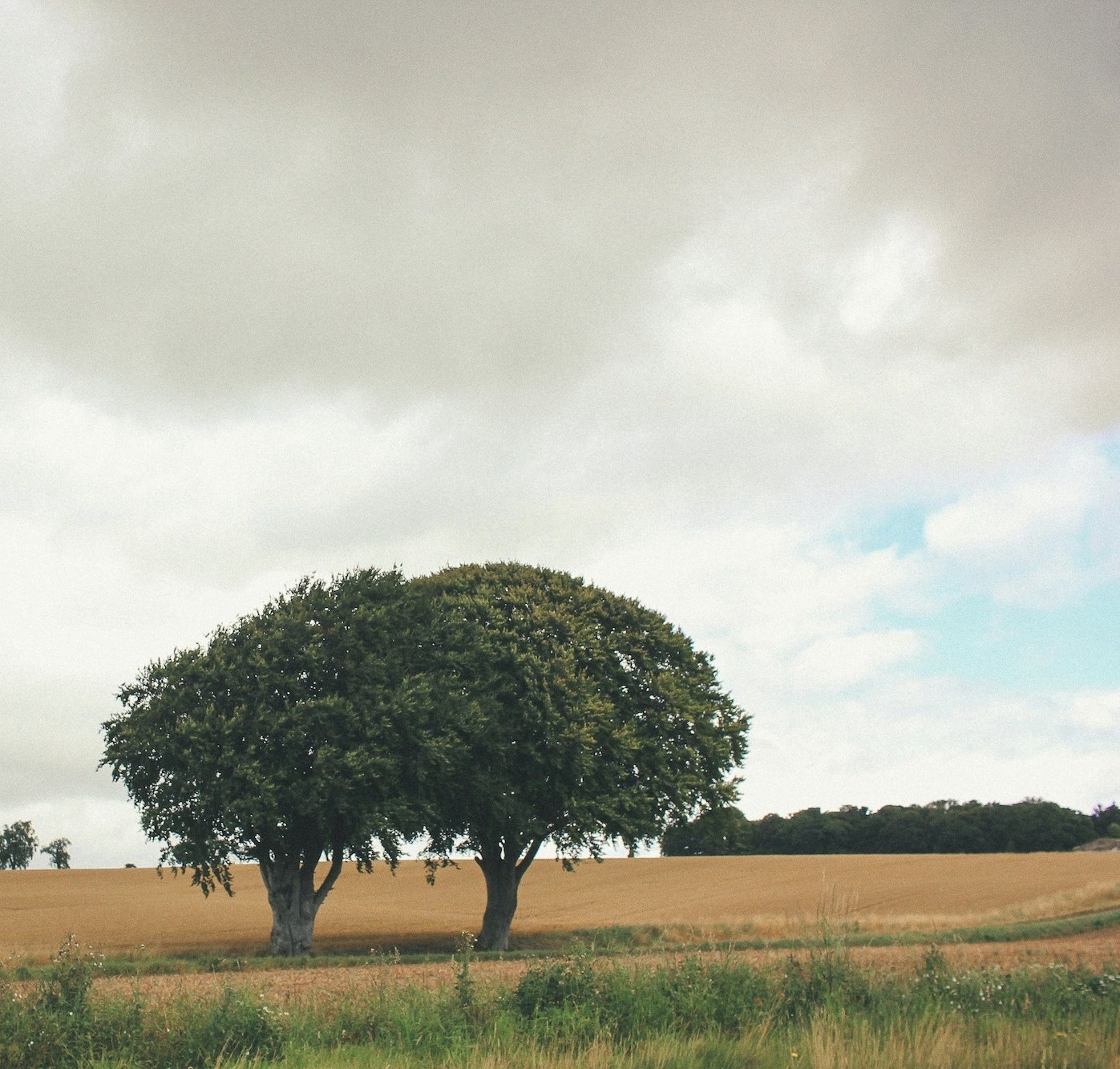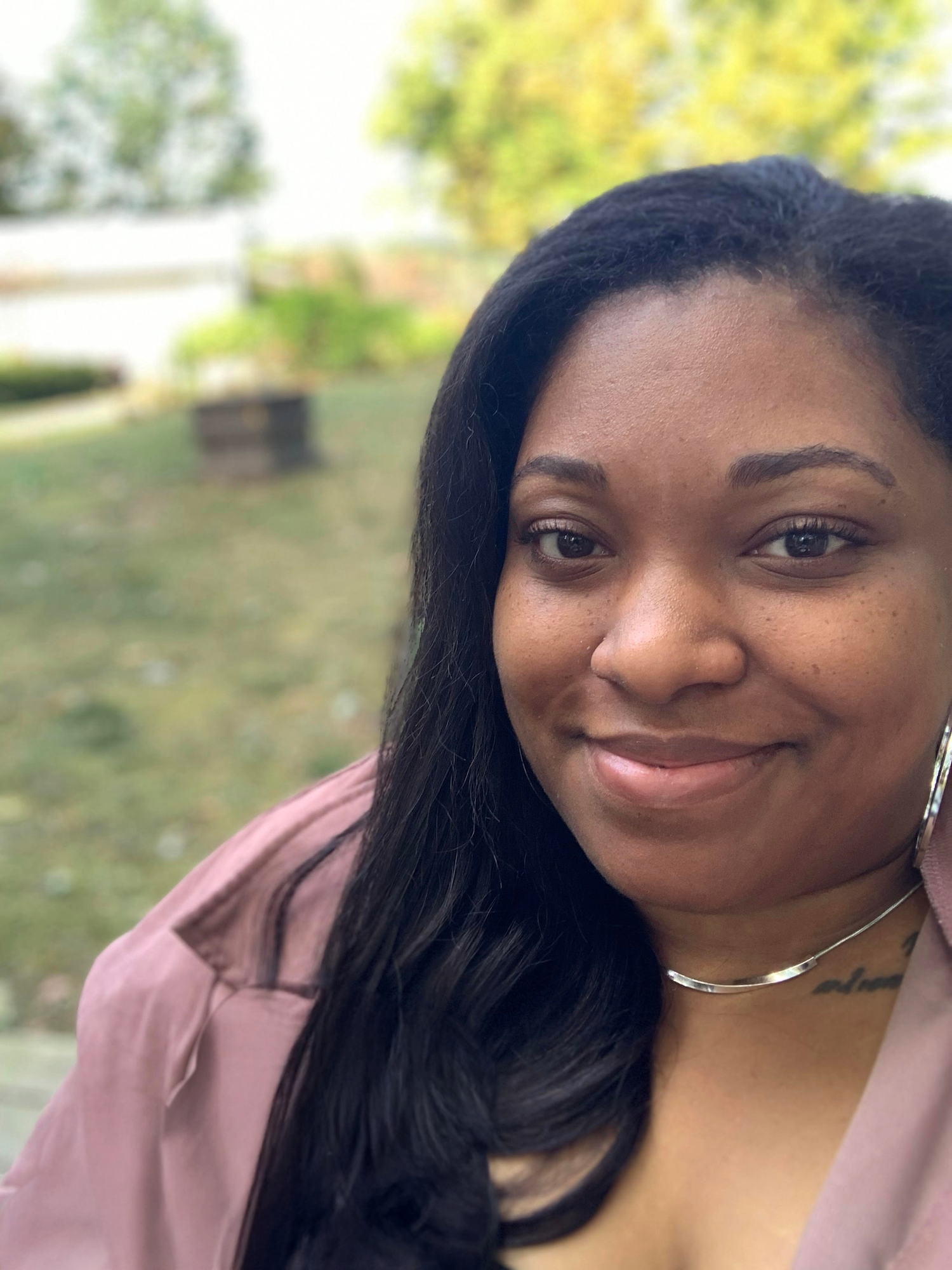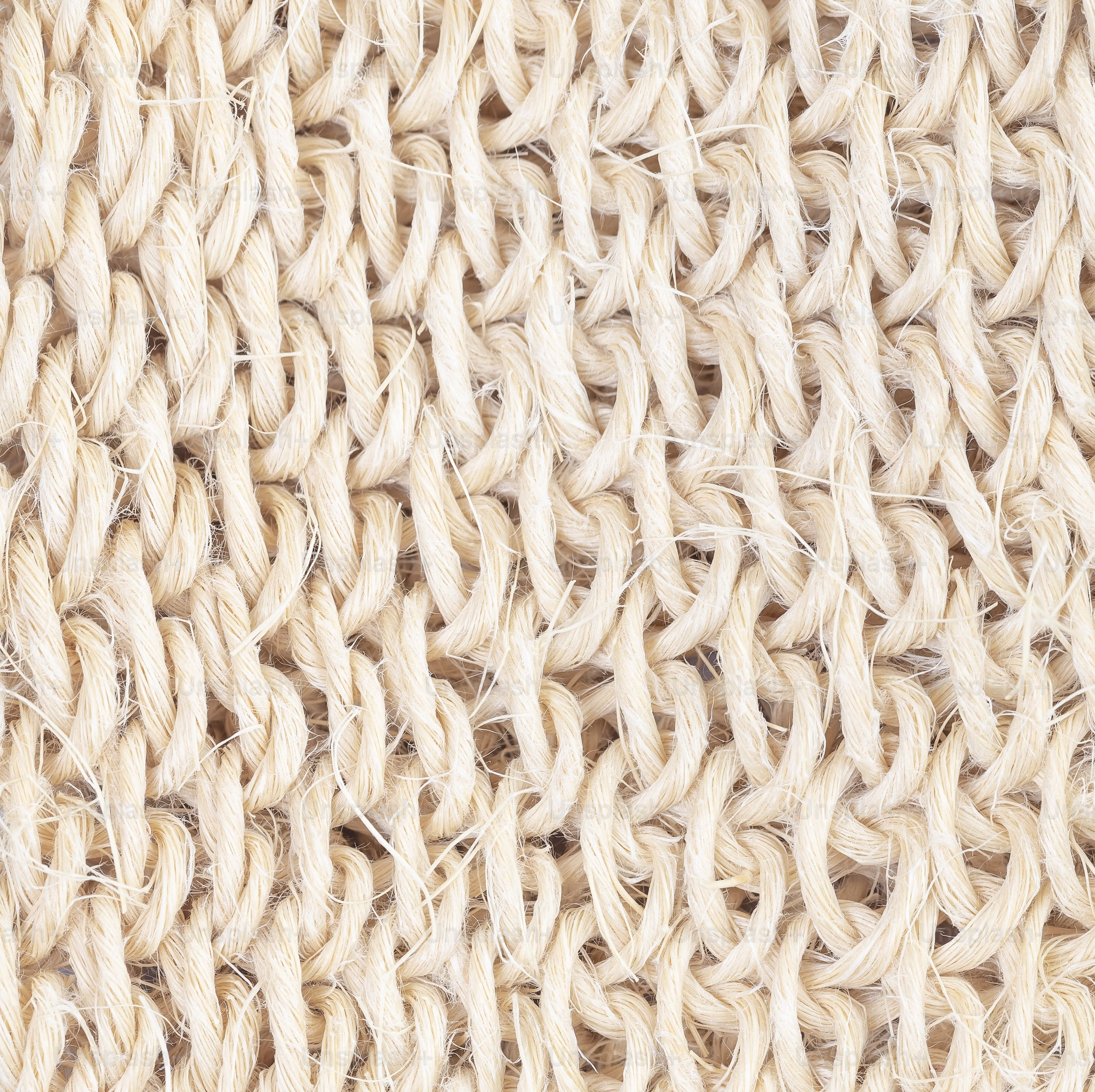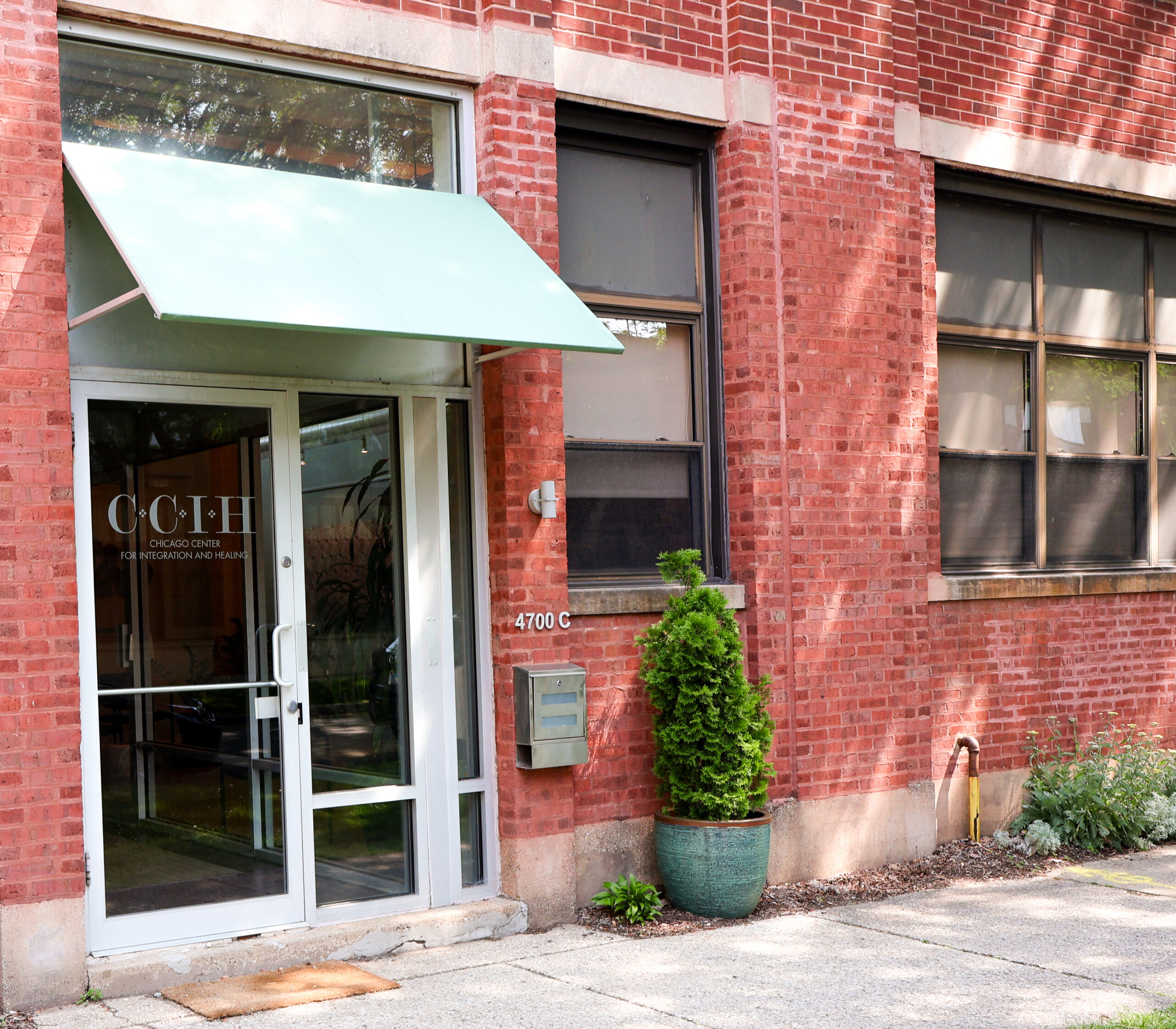“What if there’s nothing wrong with my body?”
This is an astonishing question – or at least it felt that way to me the first time I asked it of myself. It’s a question that multiple and interlocking systems of oppression such as racism, misogyny and fatphobia rely upon us not asking ourselves. Not to mention capitalism: if we don’t believe that our bodies are a problem, we won’t spend billions of dollars trying to fix them. (Another excellent and mind-melting question to ask yourself is, “Who profits off of this thought or feeling I am having?”)
When I was 14 or 15, I was talking to my aunt about someone I had a crush on. I said that I wanted to ask this person out on a date or to a dance – but not until I had lost some weight. I remember her asking me, “Why do you have to wait until you’ve lost weight to ask someone out?” This idea truly had not occurred to me – I felt that I had to change, fix and shrink my body before I was worthy of attention from anyone else.
If there was nothing wrong with your body, what would you give yourself permission to do? Wear? Eat? Think? Try? Where would you go? Whose time, attention and affection would you feel deserving of?
It’s weird to peer behind the curtain in this way, to interrogate things we have taken as absolute truths. It’s scary. It’s hard. But it also helps us reimagine ourselves and the world. We can begin to carve out space for ourselves. For me, it feels like venturing out a little farther than I previously felt comfortable going. I feel tenderer toward myself. I notice more of the world around me. I hide far less. I feel more protective of my limited resources and I set clearer boundaries. When someone gives me negative feedback, I am less likely to be overwhelmed by shame and lash out; I can look at my part in things and acknowledge it more easily. I can feel my mind expanding.
When we work at accepting our bodies and ourselves just as they are right now, we clear space for aliveness. And we begin to practice being with our experience rather than trying to change or manipulate it. If you can, try to notice harsh, critical or judgmental thoughts you have about your own body or physical appearance; once you’ve brought some “observer energy” to them, pose this question to yourself: “What if there’s nothing wrong with my body?” I hope it feels as revelatory to you as it has to me.









